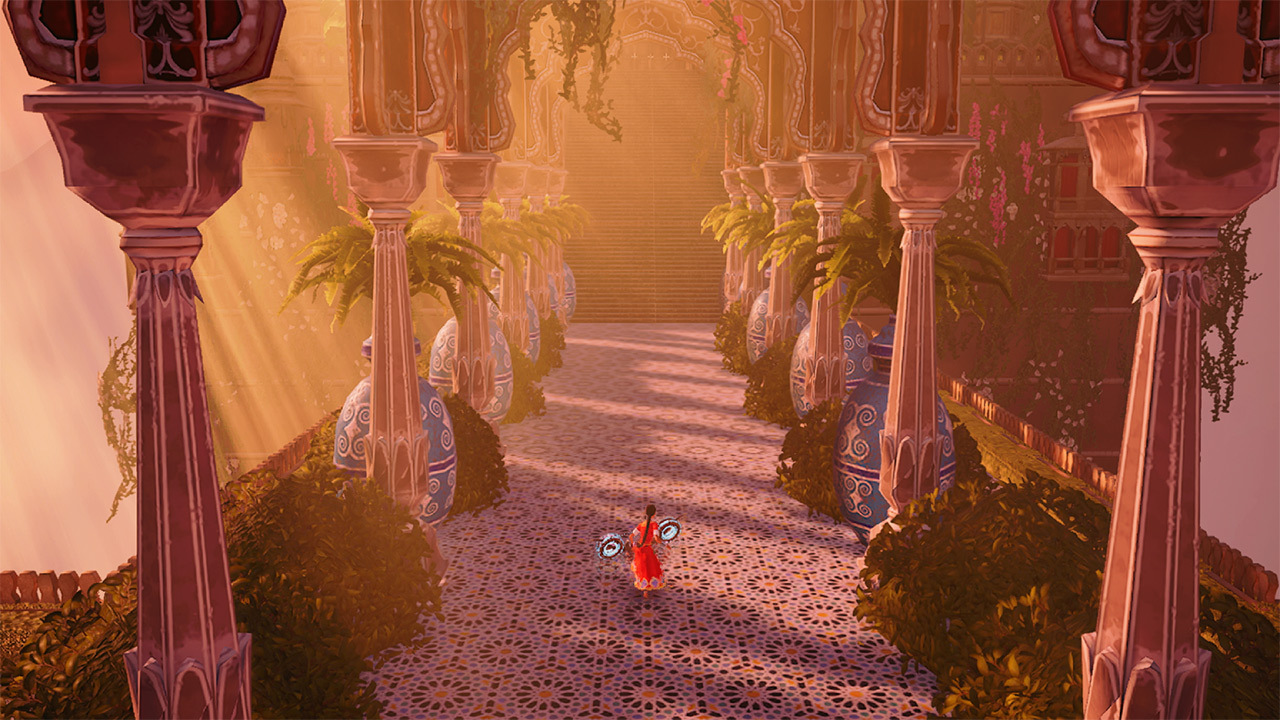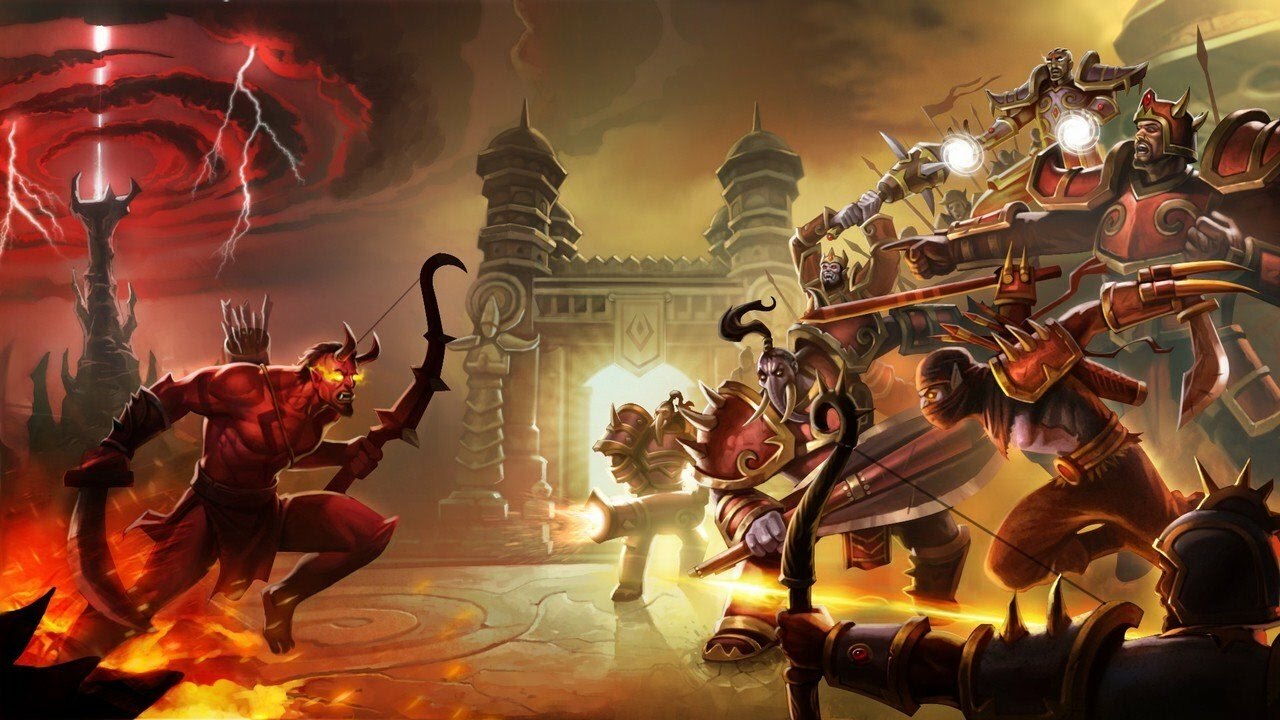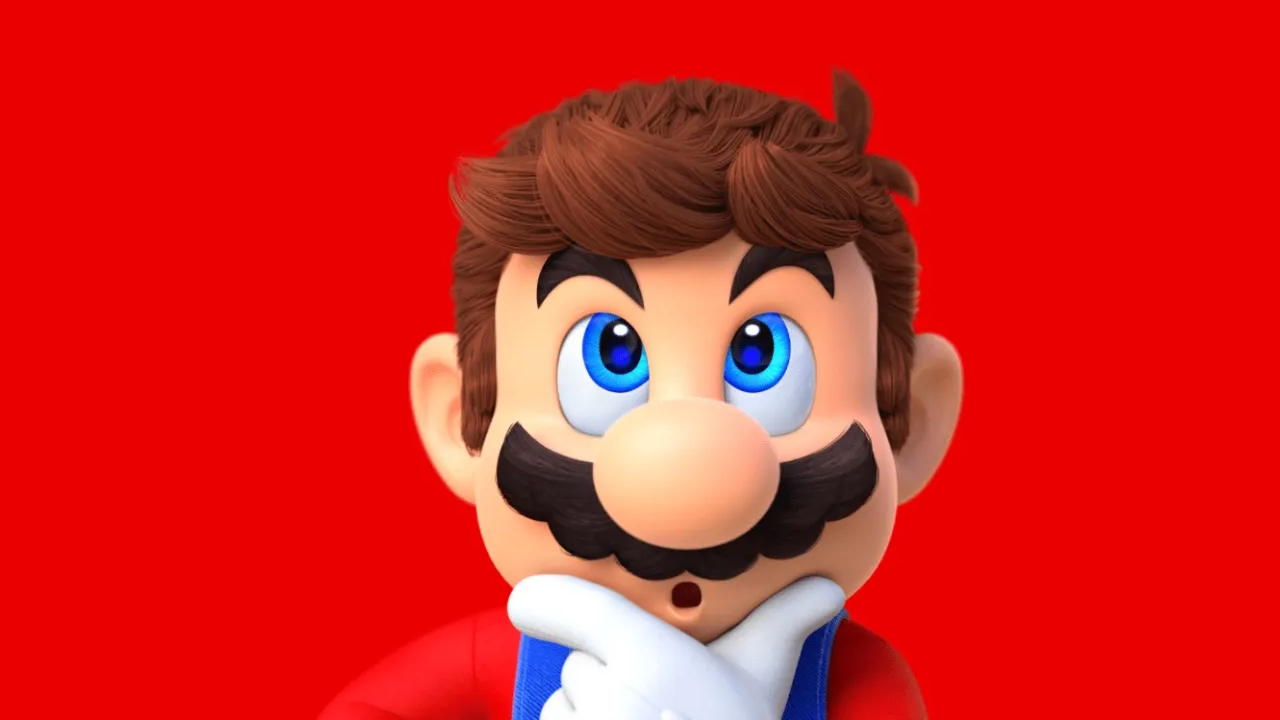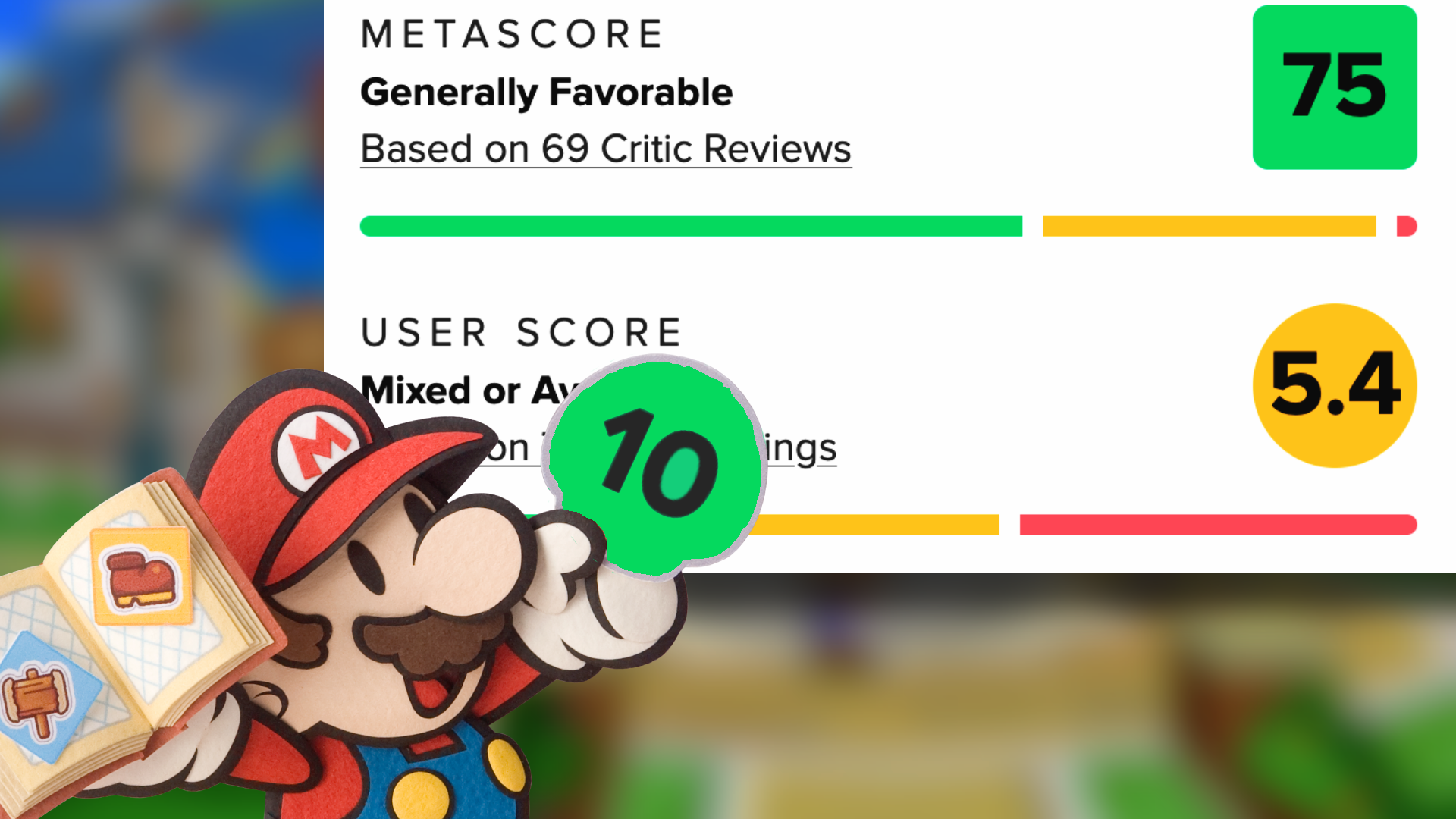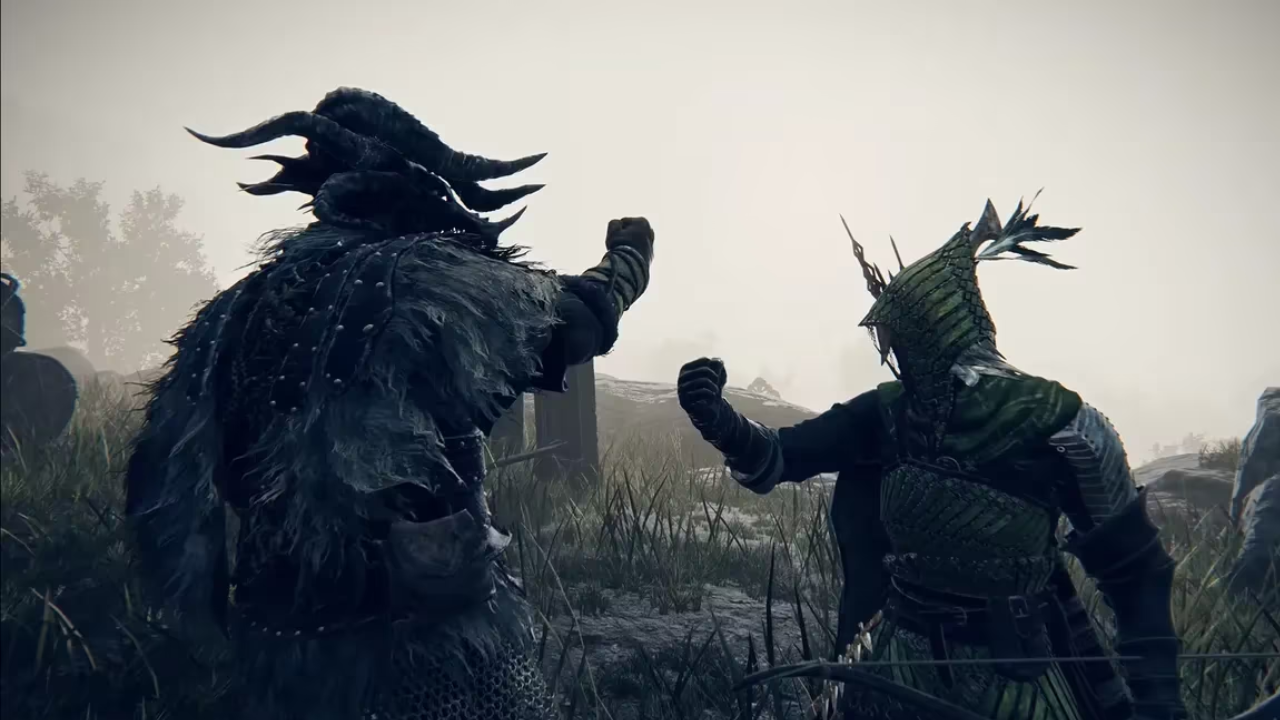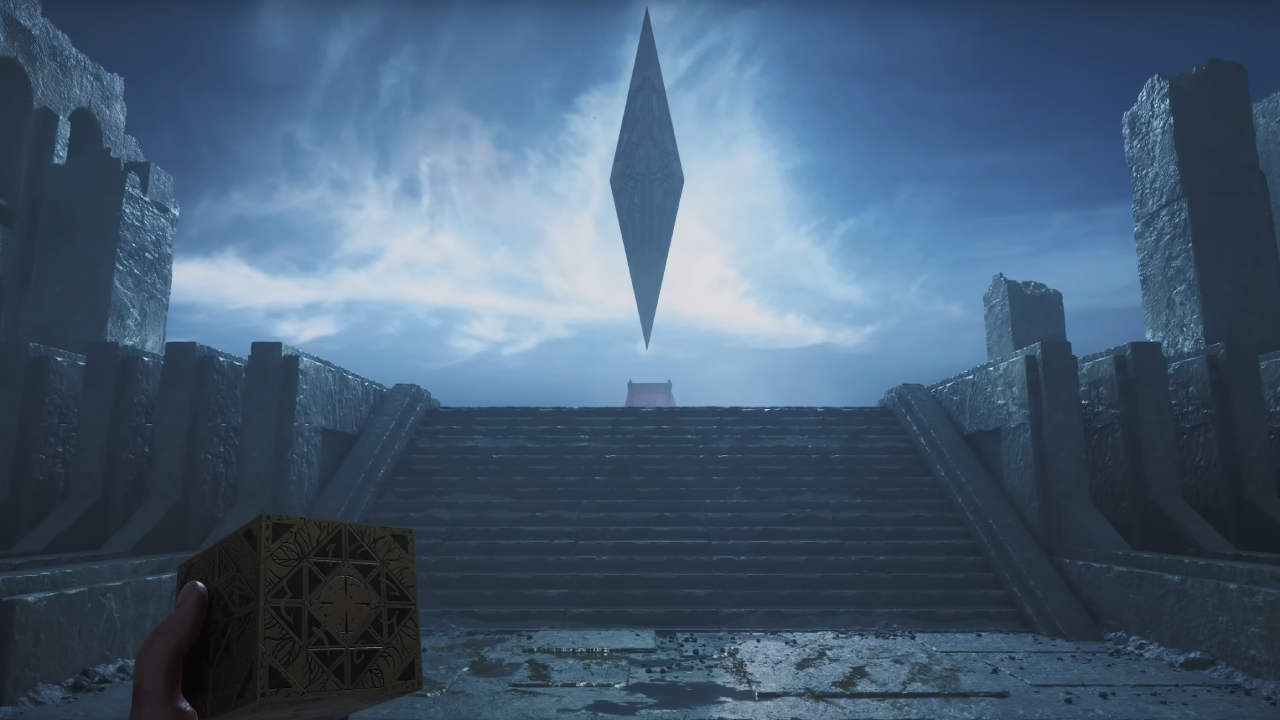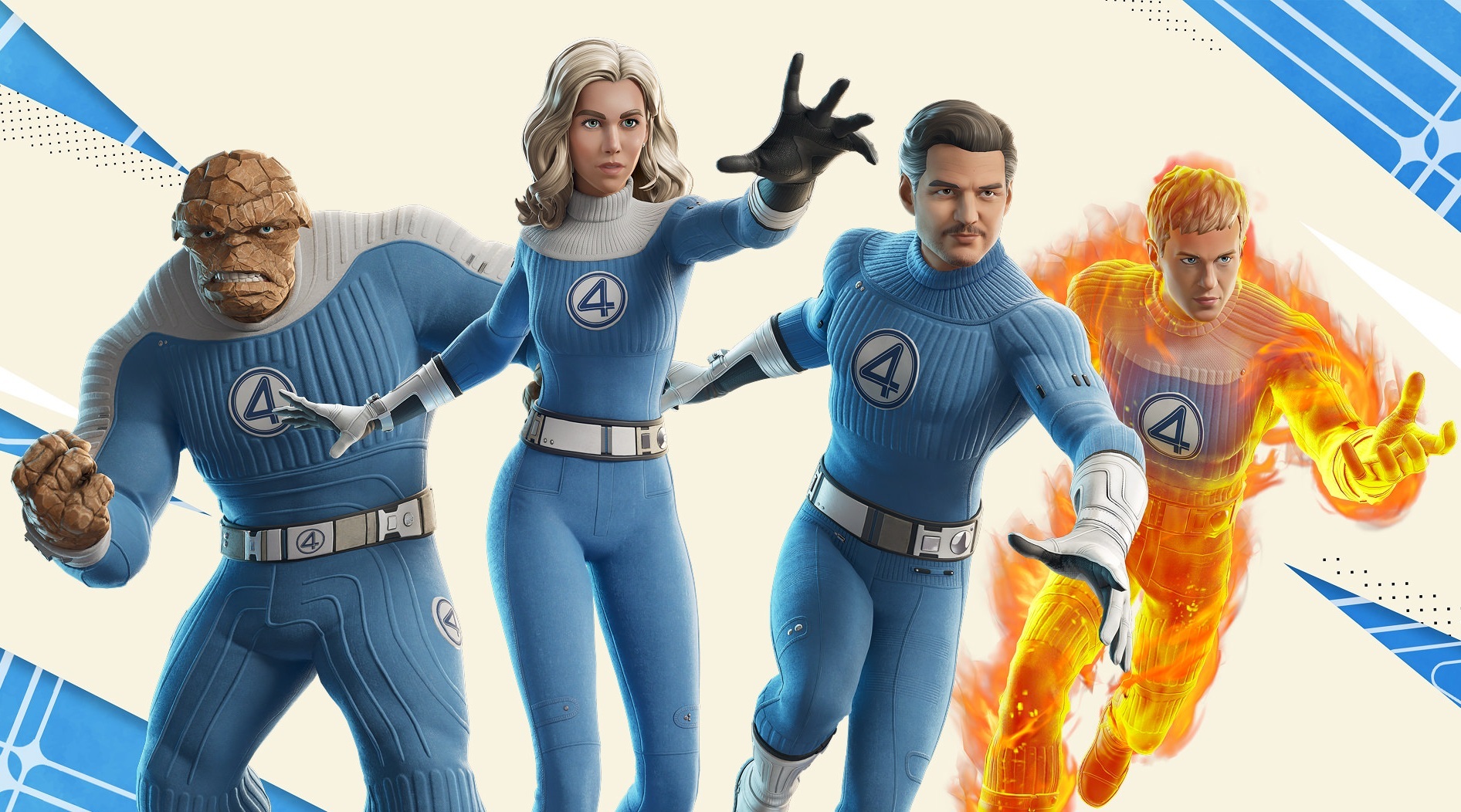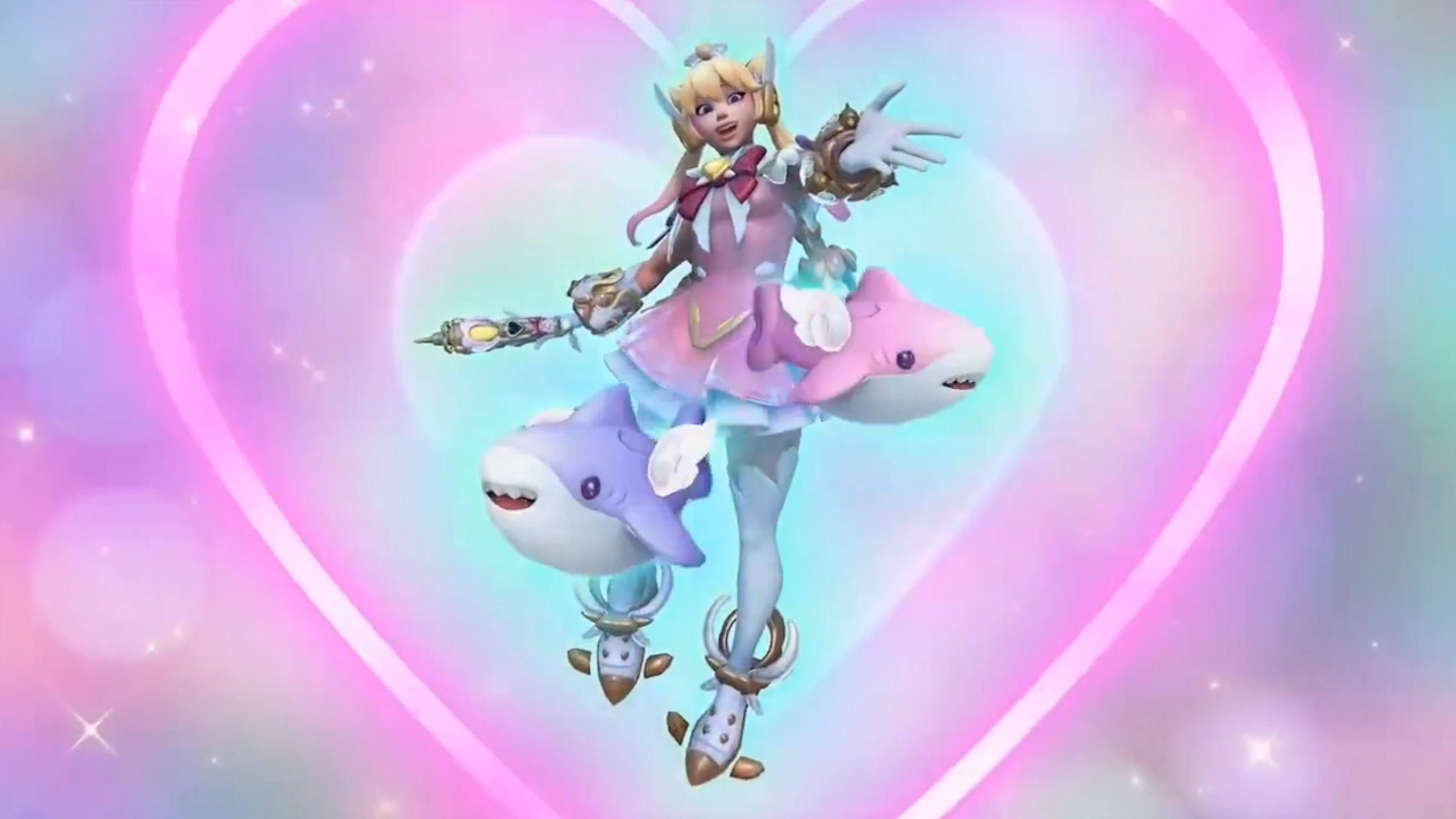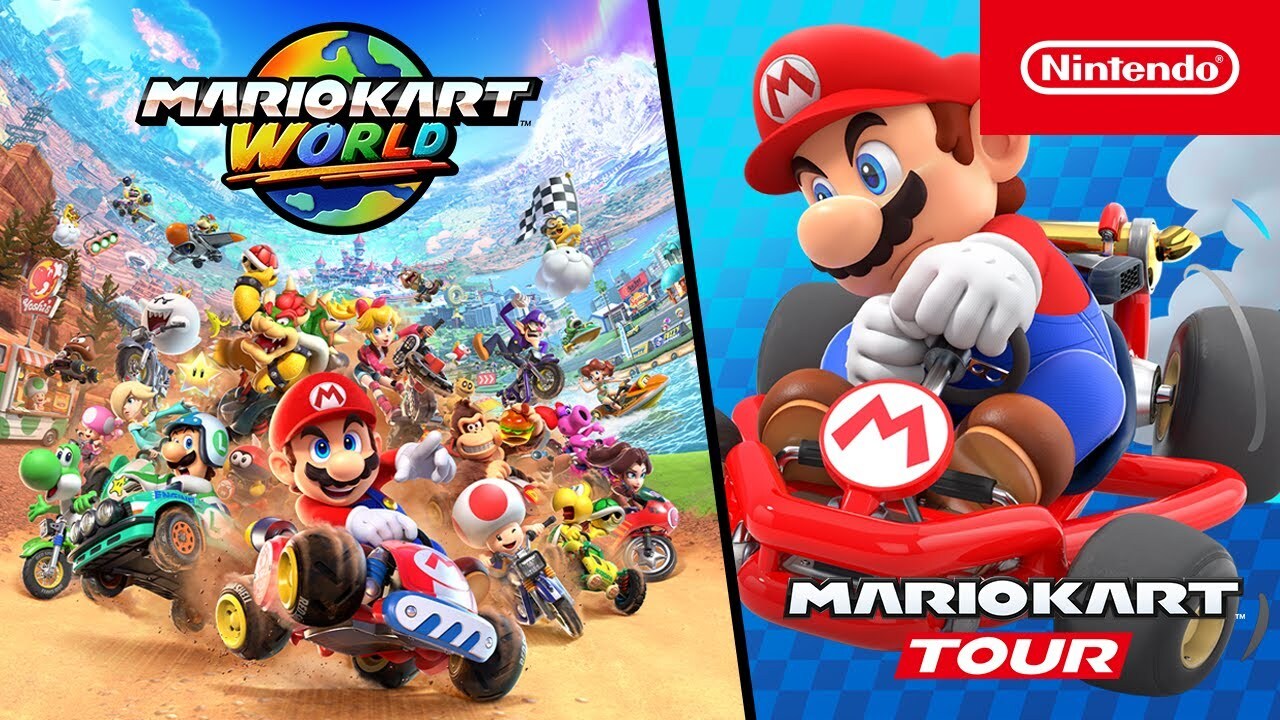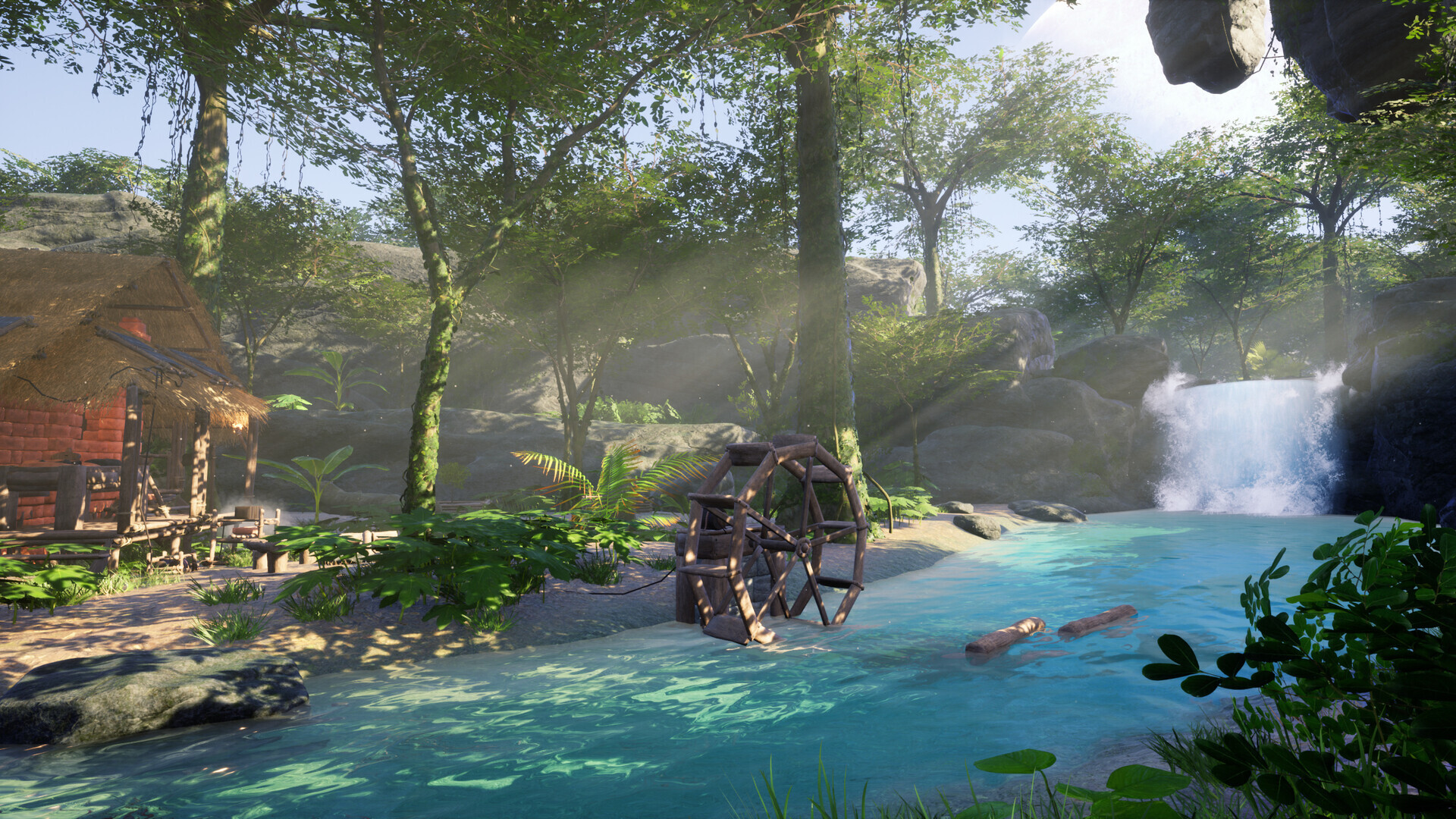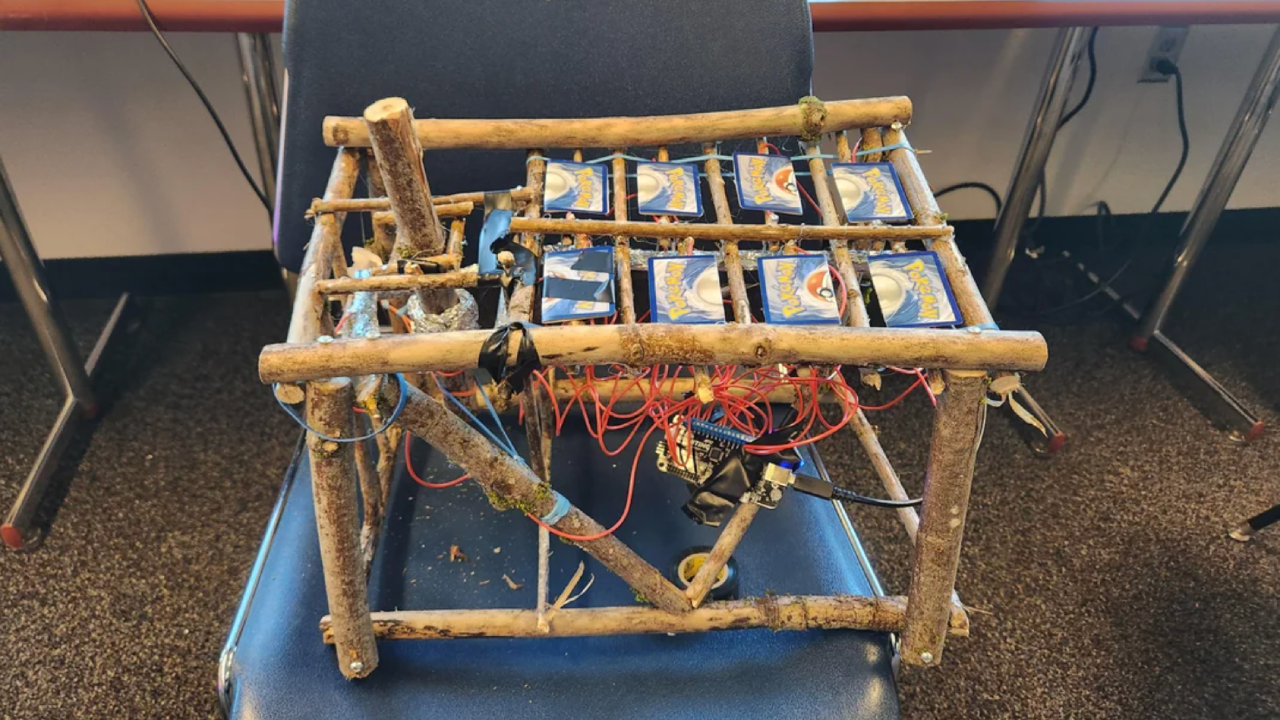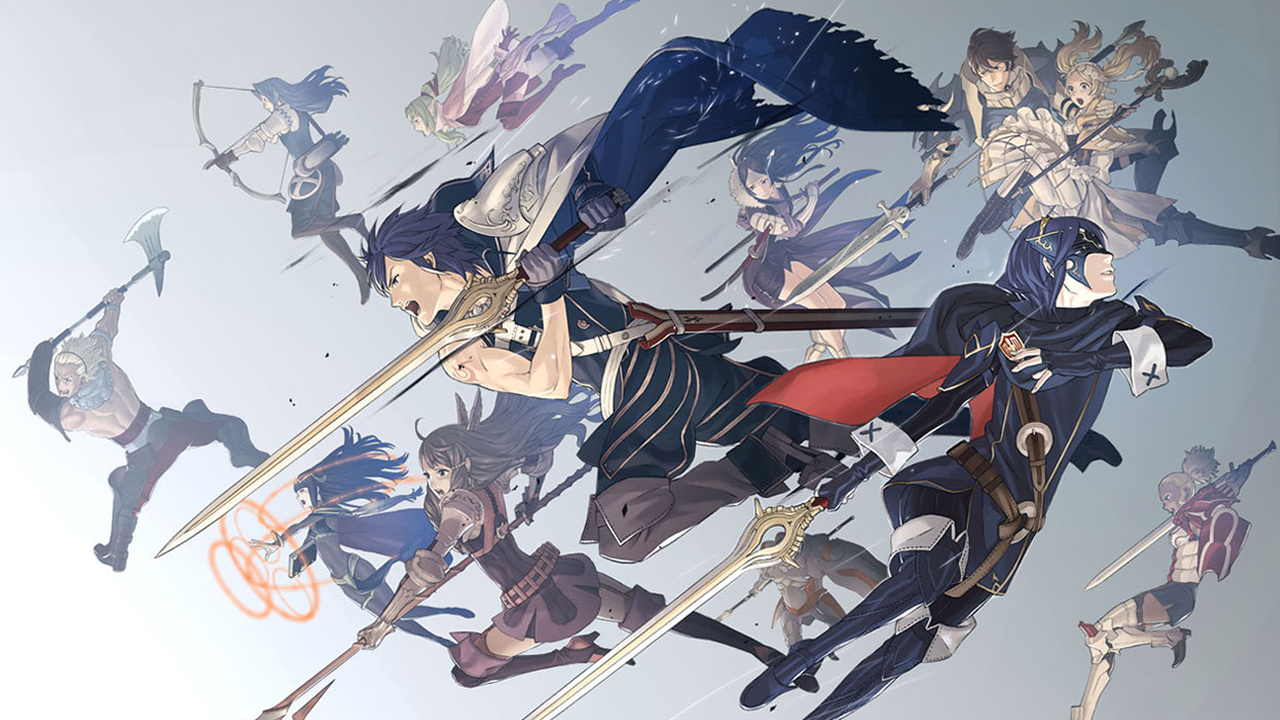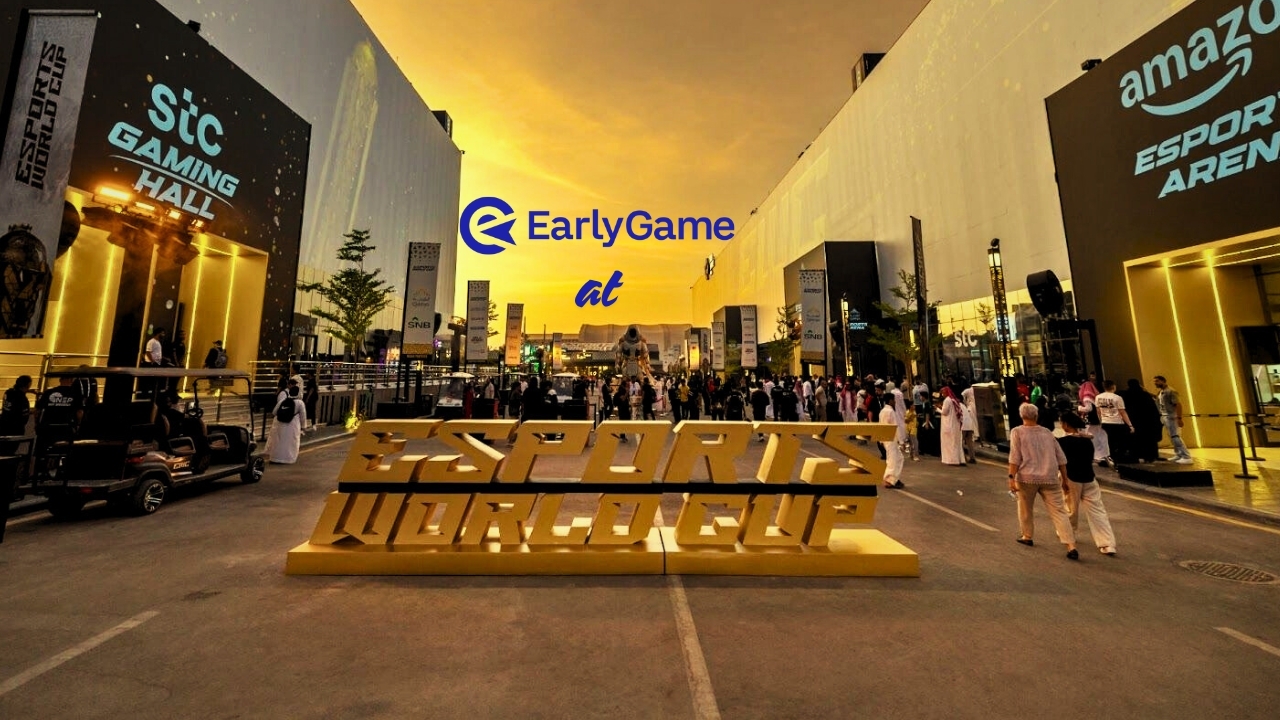
The most disappointing open-world RPGs of all time
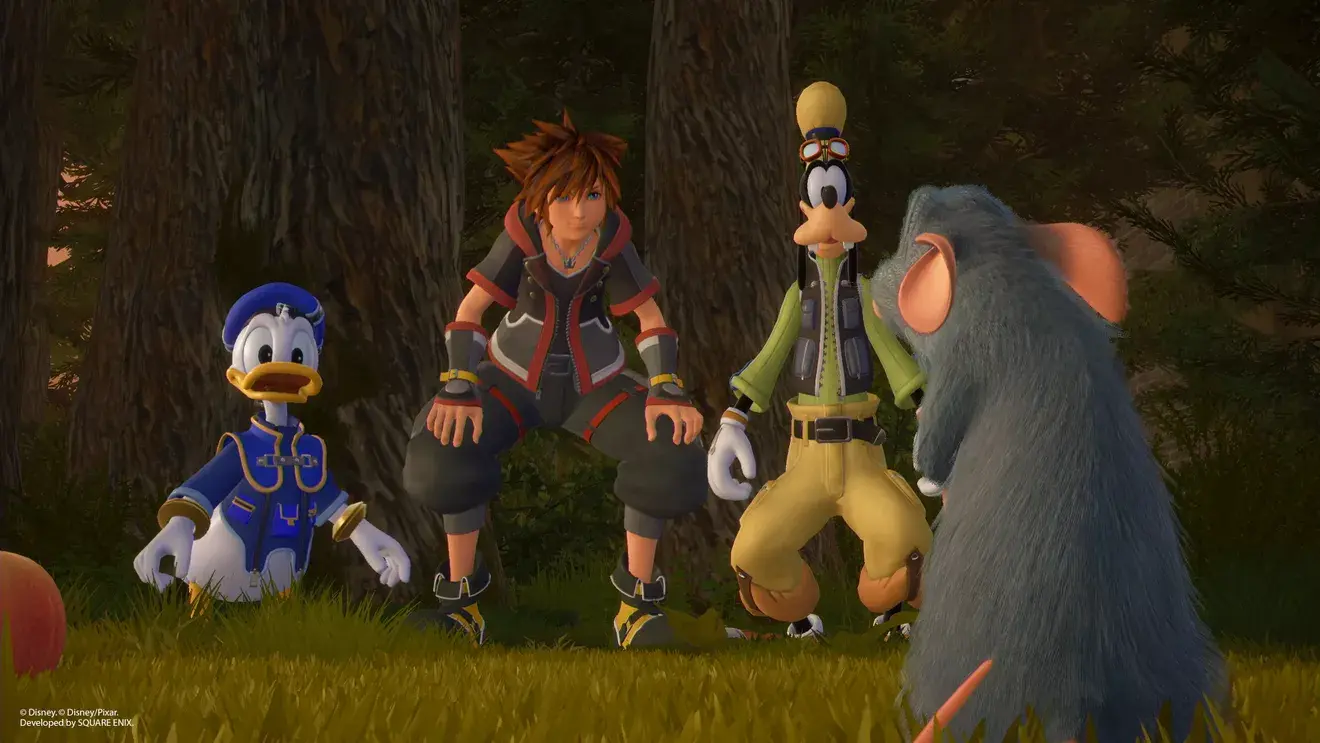
12. Kingdom Hearts III
Kingdom Hearts III struggled to meet the high expectations set by years of anticipation. The story was overly complex, filled with lore that even longtime fans found difficult to follow. Despite its flashy presentation, the combat lacked depth and quickly became repetitive. | © Square Enix
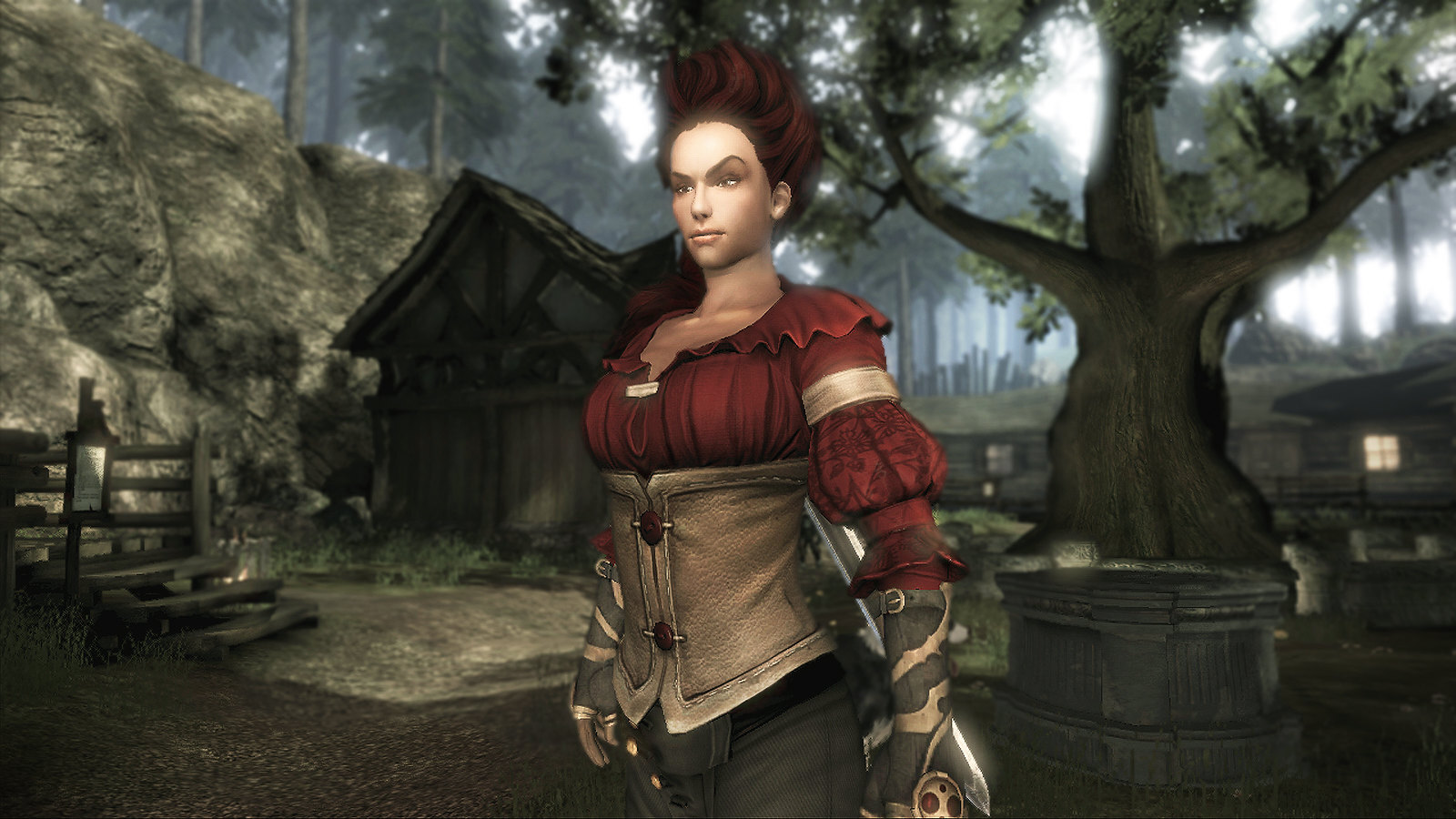
11. Fable III
Fable III lacked the depth of meaningful choices that made other RPGs so engaging. The decisions you make feel hollow, and there is no actual meat in what you want to do in the game. While promising impactful choices, the game failed to deliver anything substantial. | © Lionhead Studios
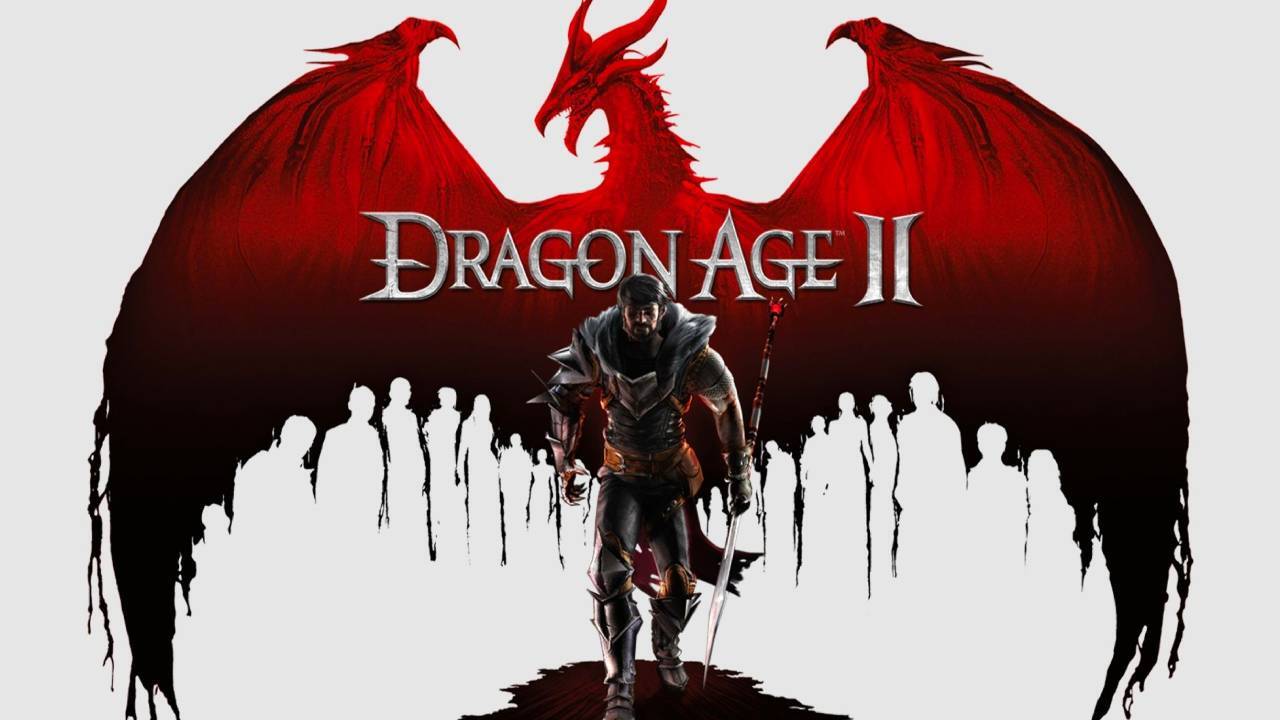
10. Dragon Age II
Dragon Age II strayed too far from its predecessor—and not for the better. Limited dialogue choices, repetitive combat, recycled environments, and lack of party customization made it feel underdeveloped. It seemed rushed and ultimately failed to live up to the Dragon Age legacy. | © BioWare
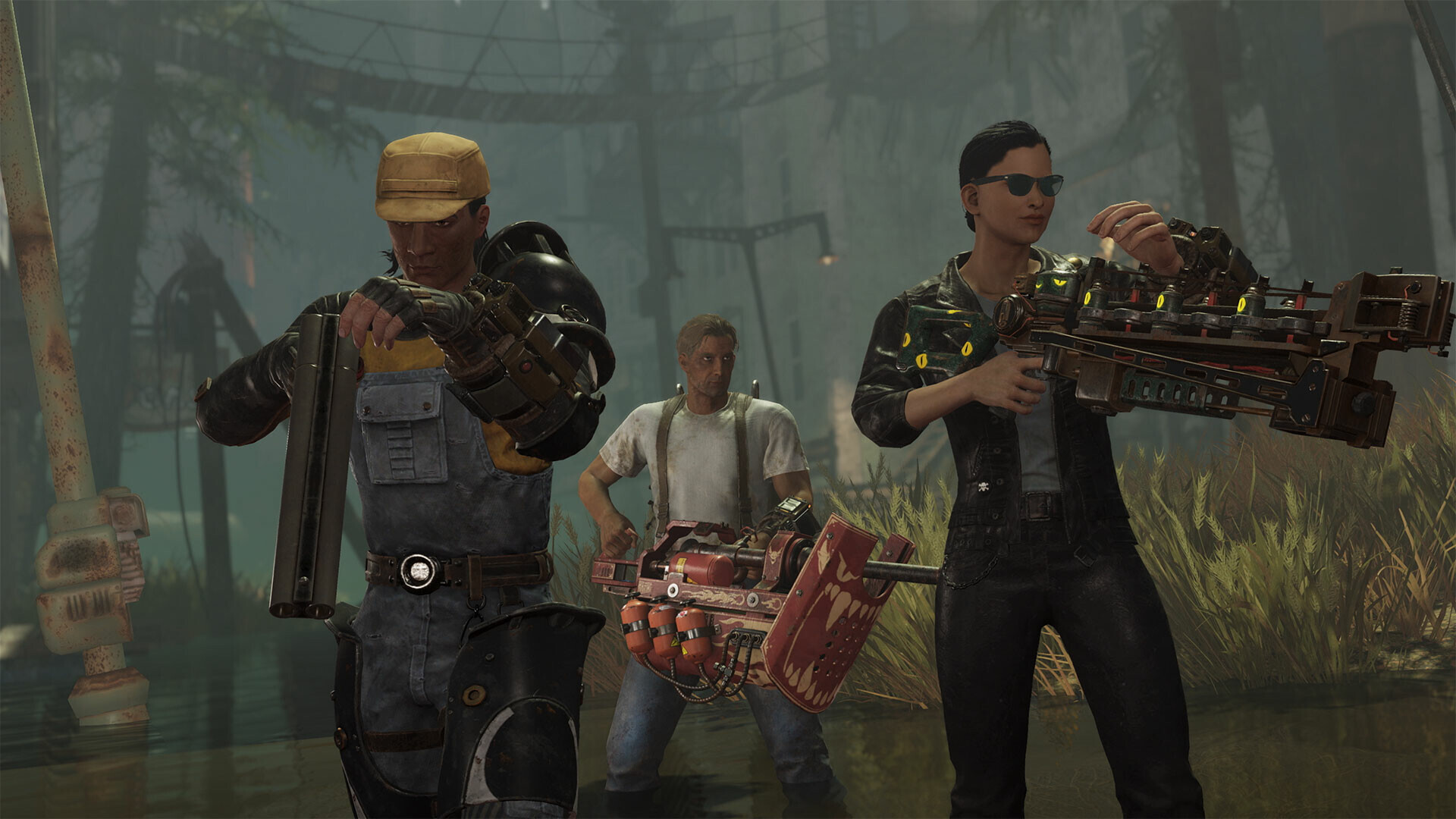
9. Fallout 76
Fallout 76 has earned tons of criticism at launch and for a good reason - buggy, barren, and lacking the charm of predecessors. Despite quality-of-life updates, it’s hard to shake the feeling that Fallout 76 never quite lived up to its potential. | © Bethesda Game Studios
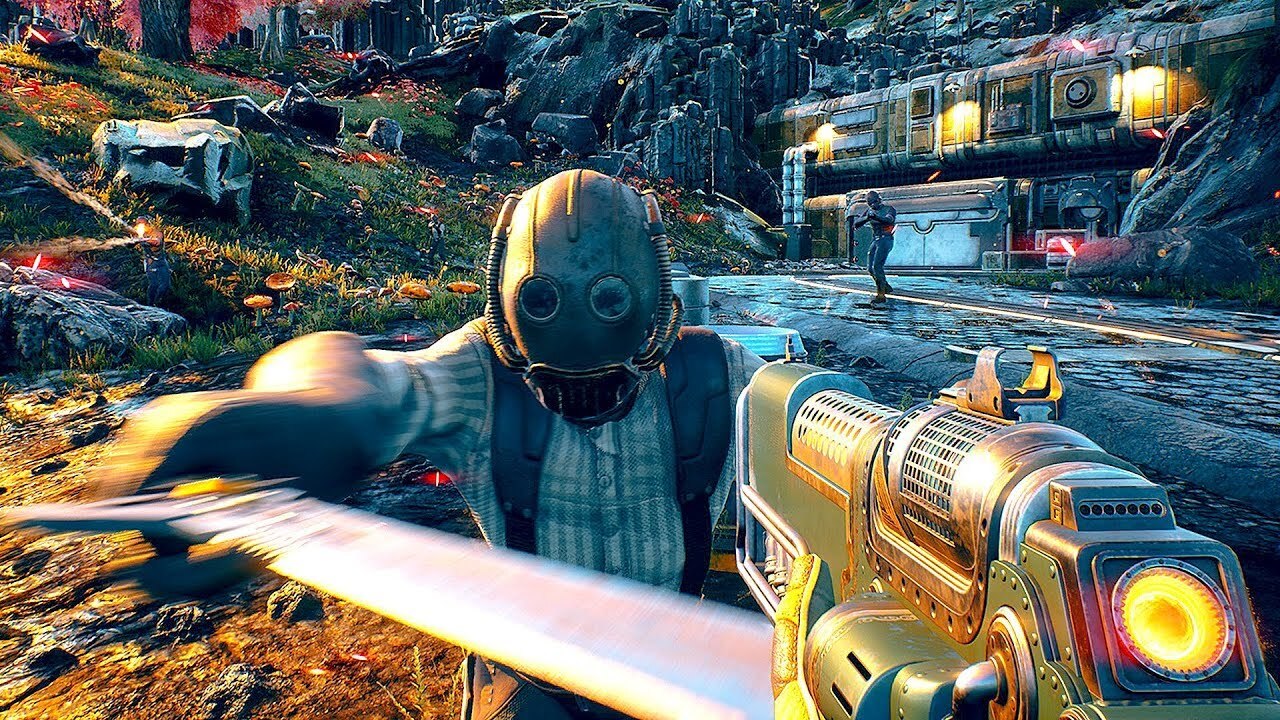
8. The Outer Worlds
The Outer Worlds missed the mark with political commentary that lacked depth and presented evil corporations with no real substance behind their motivations. Despite some well-written dialogue and visually distinct environments, the game struggles to leave a lasting impact, feeling more forgettable than groundbreaking. | © Obsidian Entertainment
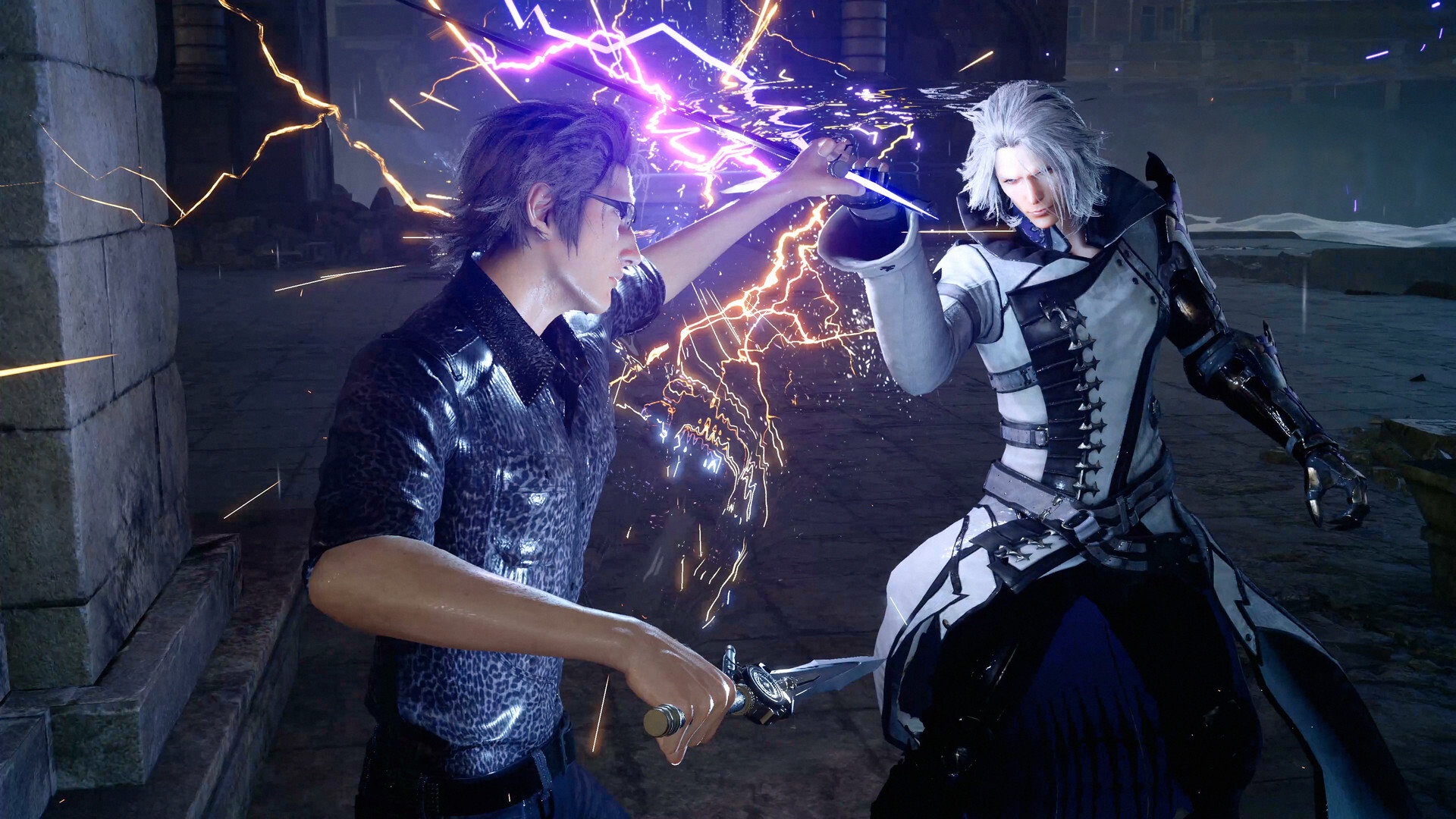
7. Final Fantasy XV
Final Fantasy XV was created to improve the series with road trip adventure, but it never hit the mark of its predecessors. Even though the open world was visually stunning, it felt empty, and the story heavily relied on extra content to fill in the gaps. | © Square Enix
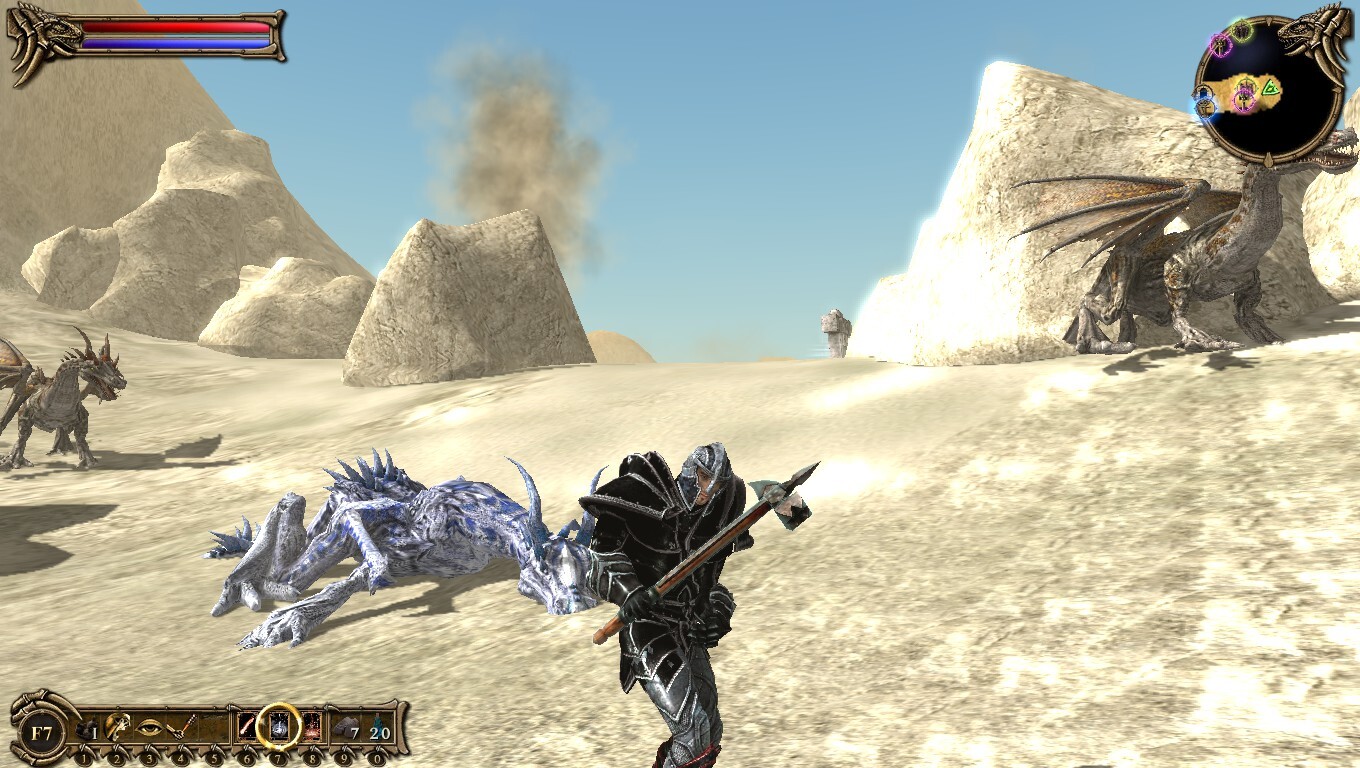
6. Two Worlds
Two Worlds had ambitions to become a serious competitor to The Elder Scrolls, but it felt short in almost every way. Clunky combat, awkward dialogue, and outdated graphics made it feel more like an unintentional parody. While the ambition was there, the execution simply was poor. | © Reality Pump Studios
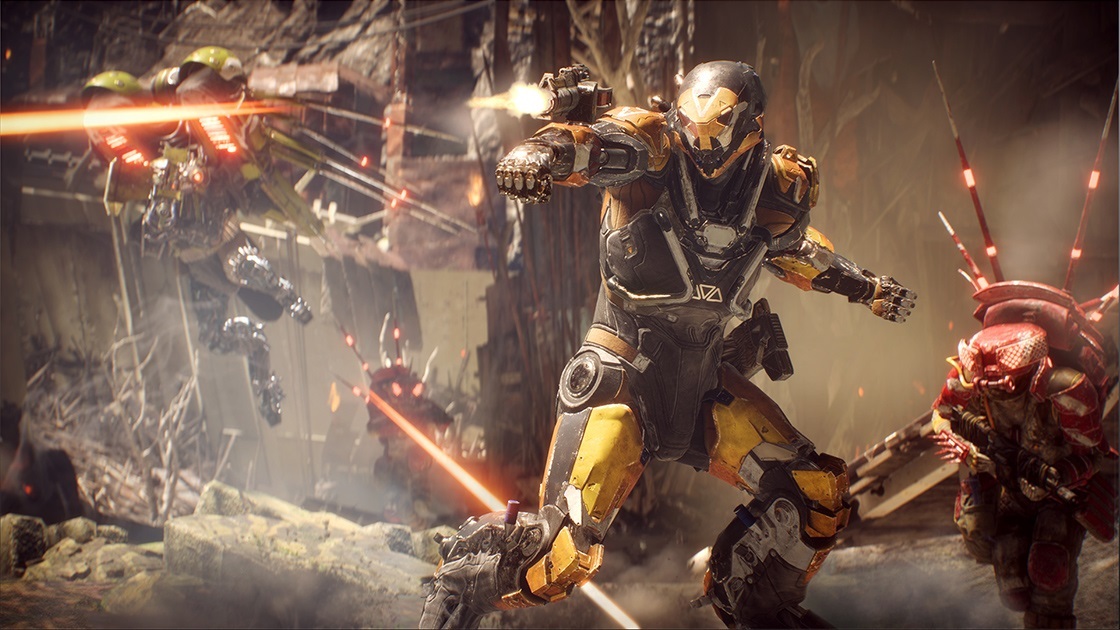
5. Anthem
Anthem was supposed to be a big EA success, but it couldn't even keep a player base. With repetitive missions and a lack of engaging endgame content, there just wasn't enough to keep players around. Coupled with an aggressive microtransaction system, even those initially captivated quickly lost interest fast. | © BioWare
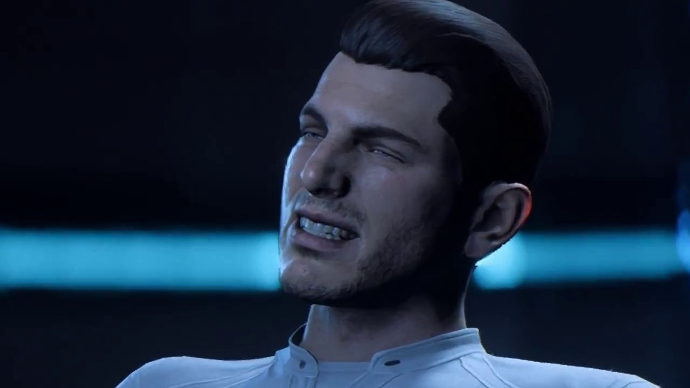
4. Mass Effect: Andromeda
Mass Effect: Andromeda failed to expand the universe by being a galaxy-sized letdown. The game had a massive wasted potential because of clunky visuals and a host of technical issues at launch that made it struggle to recapture the magic that made the original trilogy so beloved. | © BioWare
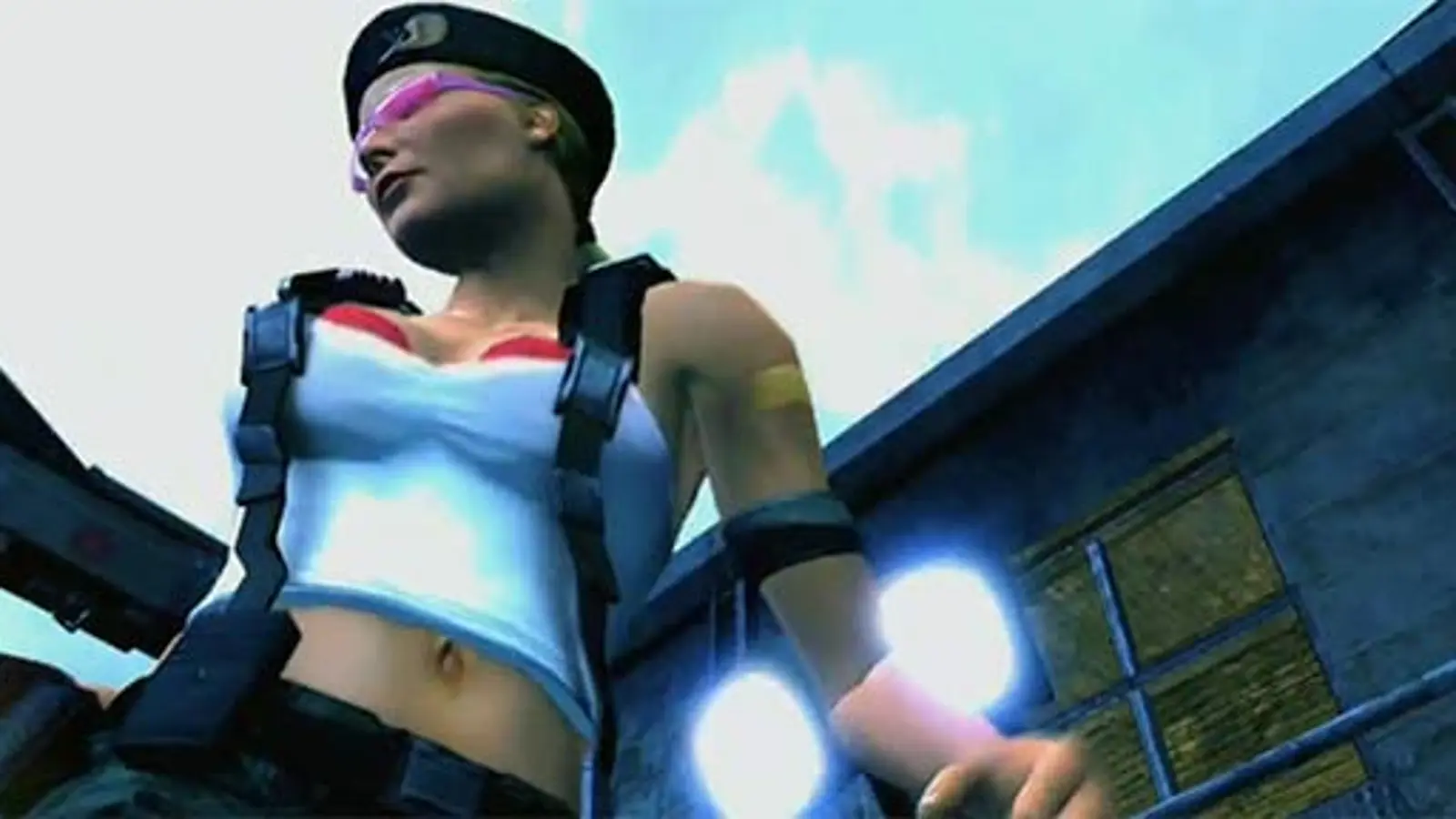
3. Alpha Protocol
Alpha Protocol couldn't decide if it was an RPG, a stealth experience, or a third-person shooter, and it failed at all three. The gameplay was clunky, the story was pretty generic, and nothing made it special except a few dialogues. | © Obsidian Entertainment
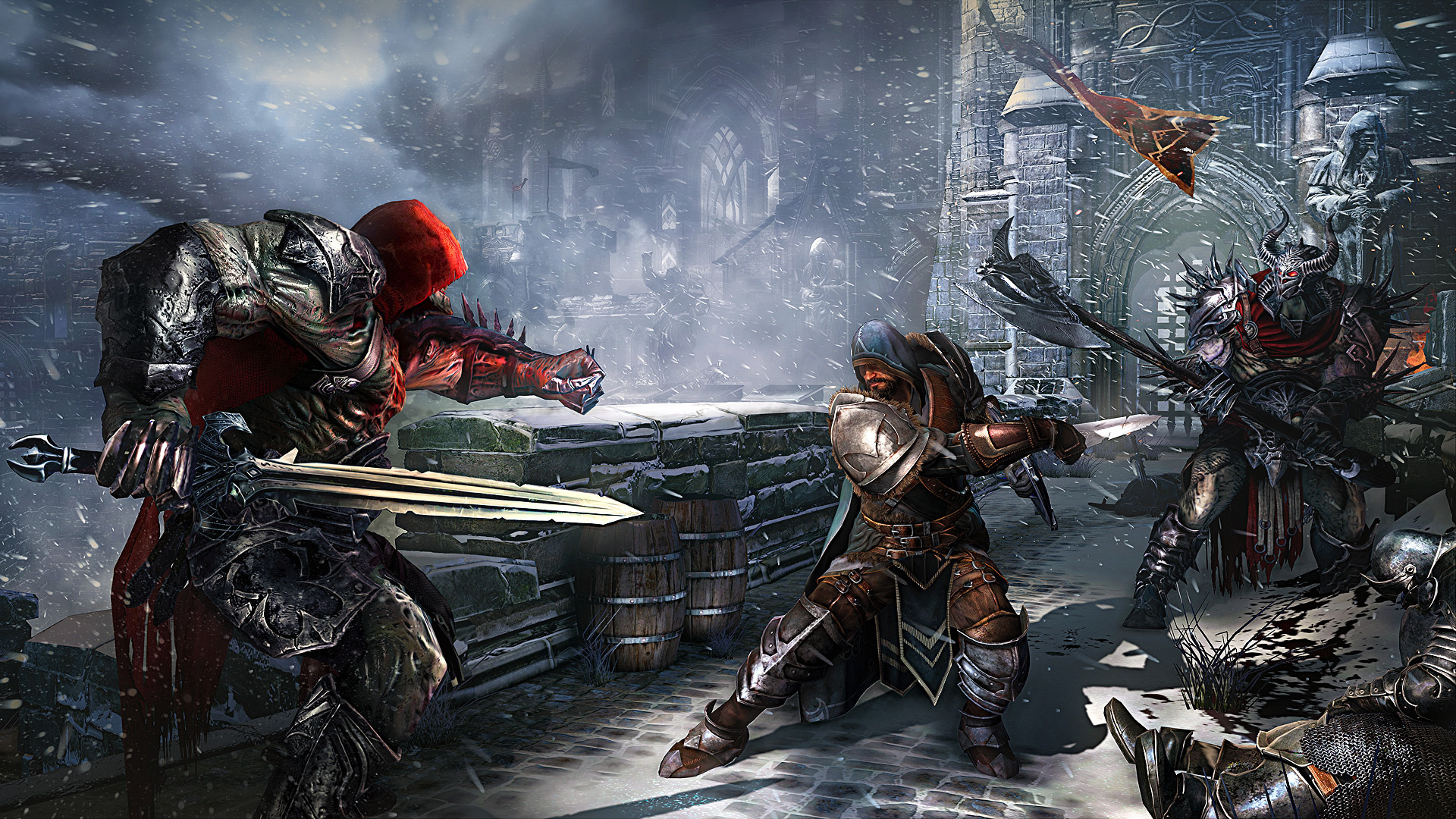
2. Lords of the Fallen
Lords of the Fallen tries to follow the footsteps of the greatest games by FromSoftware, but it ultimately fails. There are only about four types of enemies, endlessly recycled and easily stun-locked unless attacking you in large groups. | © HEXWORKS
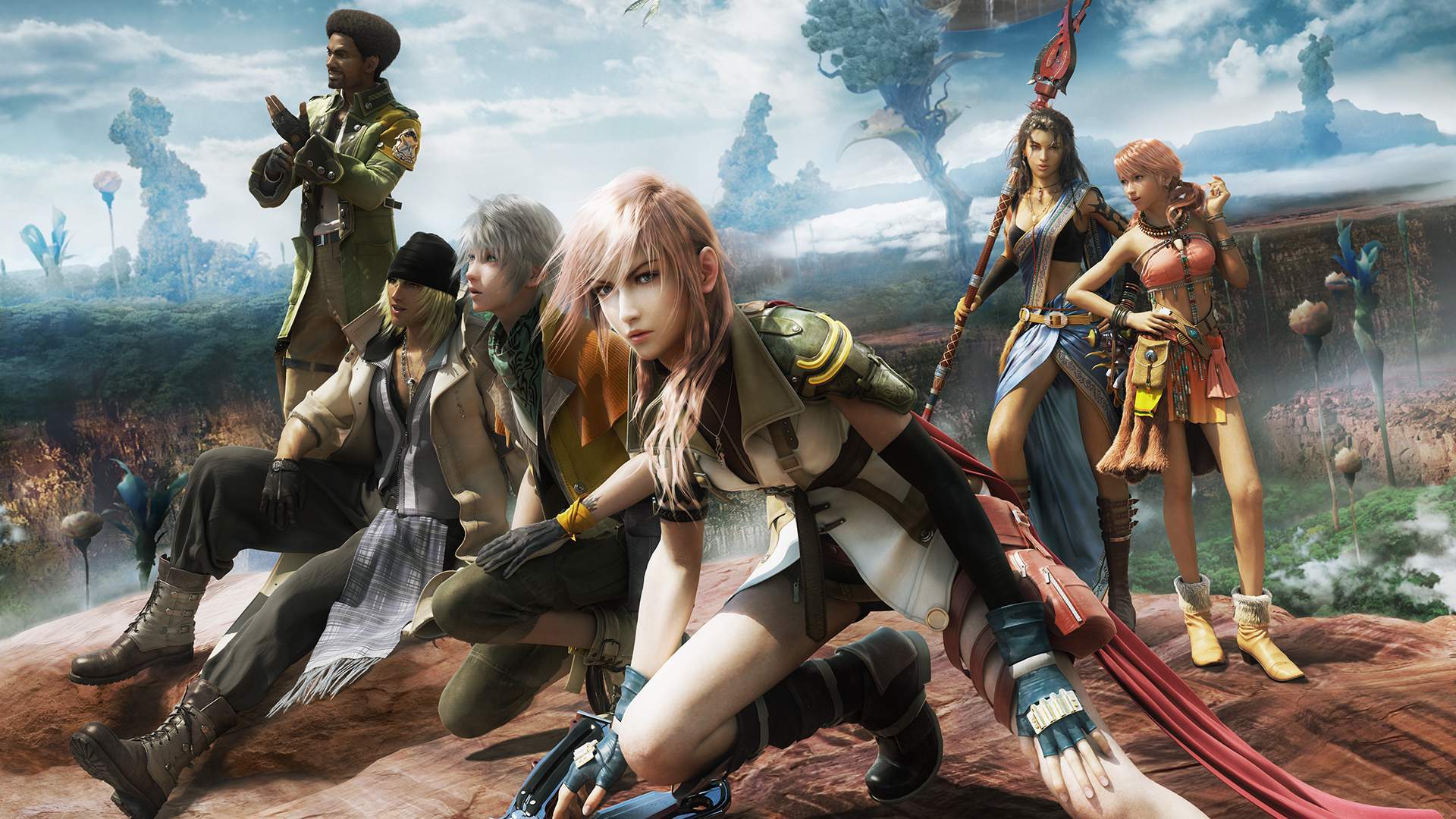
1. Final Fantasy XIII
Final Fantasy XIII promised an epic experience but delivered a character-driven tale with poor execution. The fractured storytelling suffers from constant character switches and flashbacks, and the characters are poorly written, which makes them hard to root for. | © Square Enix
Related News
More























